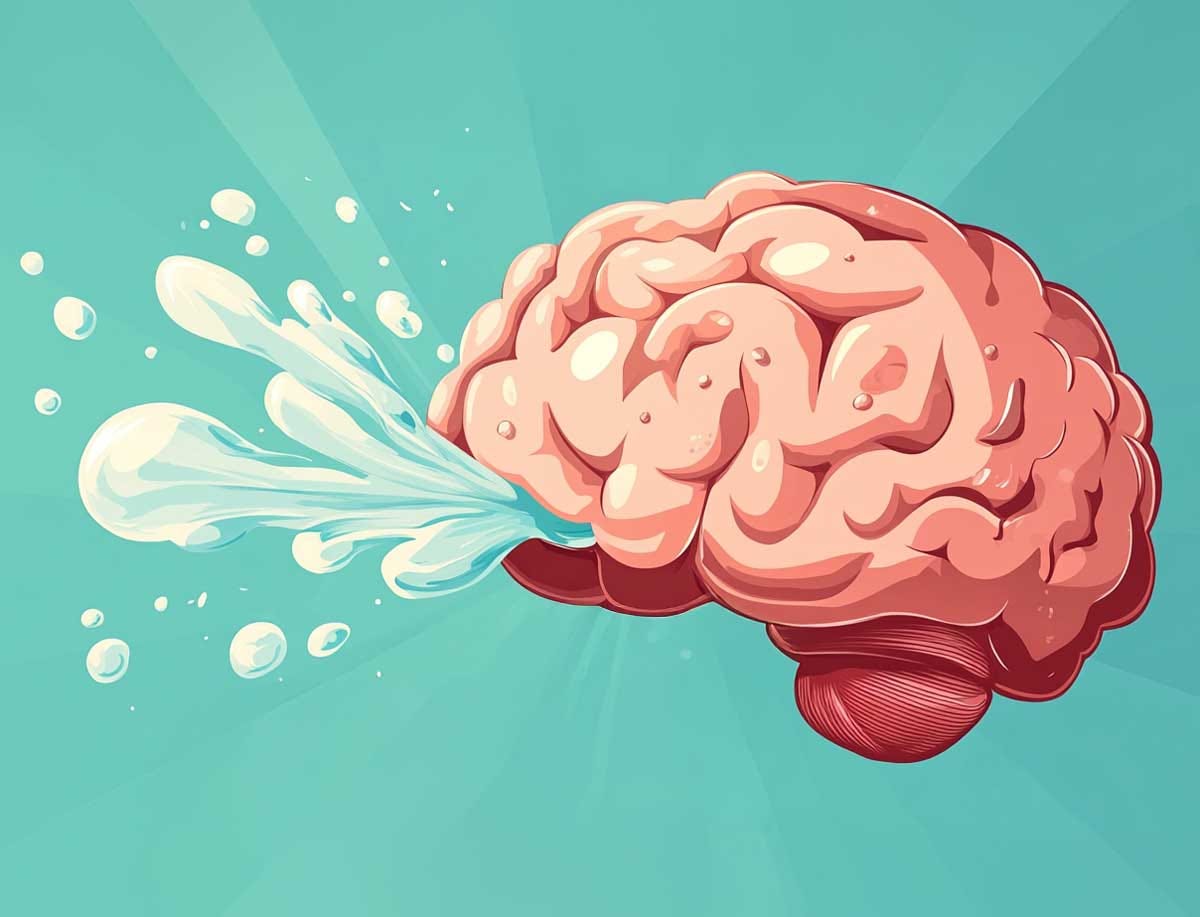Your sleeping brain pulses like a pump to flush out toxins
Scientists have discovered a crucial mechanism behind one of sleep's most vital functions — cleaning toxins from the brain. The process relies on a rhythmic cycle of vessel squeezing and relaxing, driven by pulses of norepinephrine during deep sleep.
Researchers at the University of Copenhagen used advanced imaging techniques to watch brain blood vessels and fluid movements in real-time while mice slept naturally. They found that during non-REM sleep, the brain releases bursts of norepinephrine (a stress hormone) about every 50 seconds. These bursts cause blood vessels to constrict and then dilate in a coordinated pattern that acts like a pump, helping to flush waste products from brain tissue.




